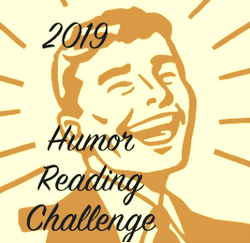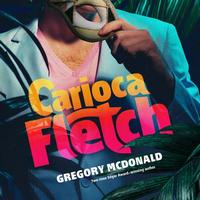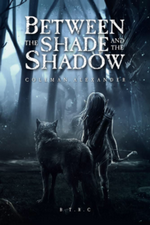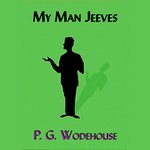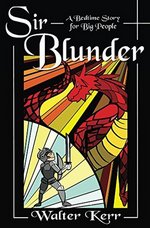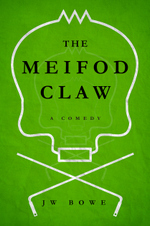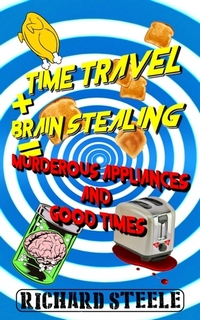 Time Travel + Brain Stealing = Murderous Appliances and Good Times
Time Travel + Brain Stealing = Murderous Appliances and Good Times
by Richard Steele
Kindle Edition, 141 pg.
Tenth Street Press, 2019
Read: July 15, 2019
A few weeks back, I received a request to read/review this book, this is what Steele entered under “Tell me about the book”:
| Time Travel + Brain stealing = Murderous Appliances and Good Times
Following the death of his parents, who died in a cliché’ [sic] and completely unimportant way, young Joe Brown is about to find out that living in a town conveniently named Doomsville, does have its draw backs [sic]. For reasons unknown, Joe now must face the demonic creations of a stereotypically bad villain known only as ‘The Master’, who has a penchant for pickled brains and poor puns. Dumpsters of Doom, Toasters of Terror and the occasional Cheese Sandwich of Carnage all set out to hunt poor Joe and retrieve his brain to fulfil The Master’s destiny. With the help of his best friend, a disturbingly gross Godmother and some random stalker he just met, Joe Brown is about to learn that what’s between his gunk ridden ears could be the key to saving the world and time itself. Come and embark on an epic mind-bending, time-travelling quest full of confusing sub-plots, poorly constructed characters, science fiction that only a Flat Earther would believe, and every inappropriate joke you’ve ever thought of but couldn’t say out loud at your Grandmother’s funeral. |
I take full responsibility for not reading that as closely as I should have. For example, that first line isn’t a tag line, or a quick synopsis as I assumed. That’s the title. I’ll tell you now if I’d realized that I would’ve stopped reading there. But no, I took it as a tag line and moved on. I ignored the inability to correctly use accent marks on “cliché” (that sounds persnickety, but there’s a pretty high correlation to typo-ridden submissions and bad books in my experience). This seemed just goofy enough that it might be a good way to spend a day or so, I could use some light-hearted fun.
I didn’t realize that “disturbingly gross”, “poorly constructed characters,” “inappropriate”, and “stereotypically bad” weren’t modest descriptions, but selling points in Steele’s mind. Then when he sent me the file, he ended it with, “Good luck, you’re a brave soul indeed…” This should’ve been a warning sign. I took it to be a little self-deprecating humor. Now I don’t think that’s the case, he really meant that this is a book not-for-the-faint-of-heart.
Now, throughout the process, Steele has been a pleasure to work with, and very accommodating—I want to be clear that this isn’t personal. It’s all about my reaction to his novella, not him.
The novella itself? “Self-indulgent twaddle” shows up in my notes at one point, and I think that pretty well sums it up. Juvenile. Vulgar (and not in an interesting way). Enough scatological humor to make a 13-year-old boy say, “Stop!” The plot seems unnecessarily convoluted, yet pretty simple. Although, plot isn’t what this novella’s about—it’s about the telling. They way that Steele tells the story, the voice, the manner, the attitude. That’s the star of the story.
And it didn’t work for me. At all. I couldn’t connect with the story, the characters, the narrator, the style, the voice, the vocabulary. Anything.
Steele clearly worked hard. You could feel on every page the effort to shock, disgust, and be stranger than he had been previously. Mark Leyner can do that kind of thing and make it seem interesting, effortless, engaging and fun. Steele just makes me want to find a new hobby.
The very chatty and fourth-wall ignoring narrator warns in the third paragraph of the Prologue,
| Things are going to get stranger than having your sister accidently [sic] kiss you at a county fair kissing booth, only for her to line up for seconds. |
Right there, I should’ve stopped and called it a day. Instead, I rolled my eyes and plowed on, little realizing that was going to be the high-point of the book’s figurative language.
I’ve already cited everything you need to know about the plot and characters in the first citation. I’m just going to leave it there…I try to find something positive to say about every book. But I just can’t here beyond saying that I can tell that Steele put a lot of effort into this. I just don’t understand why anyone would.
Your mileage may vary, obviously. If you find something redeeming/entertaining about this novella? Good on you. I’m curious about what you liked, but I won’t argue with you. But there’s just no way I can recommend this to anyone.
Disclaimer: I received a copy of this from the author in exchange for my opinion and this post. Clearly, this didn’t keep me from speaking my mind.
—–




